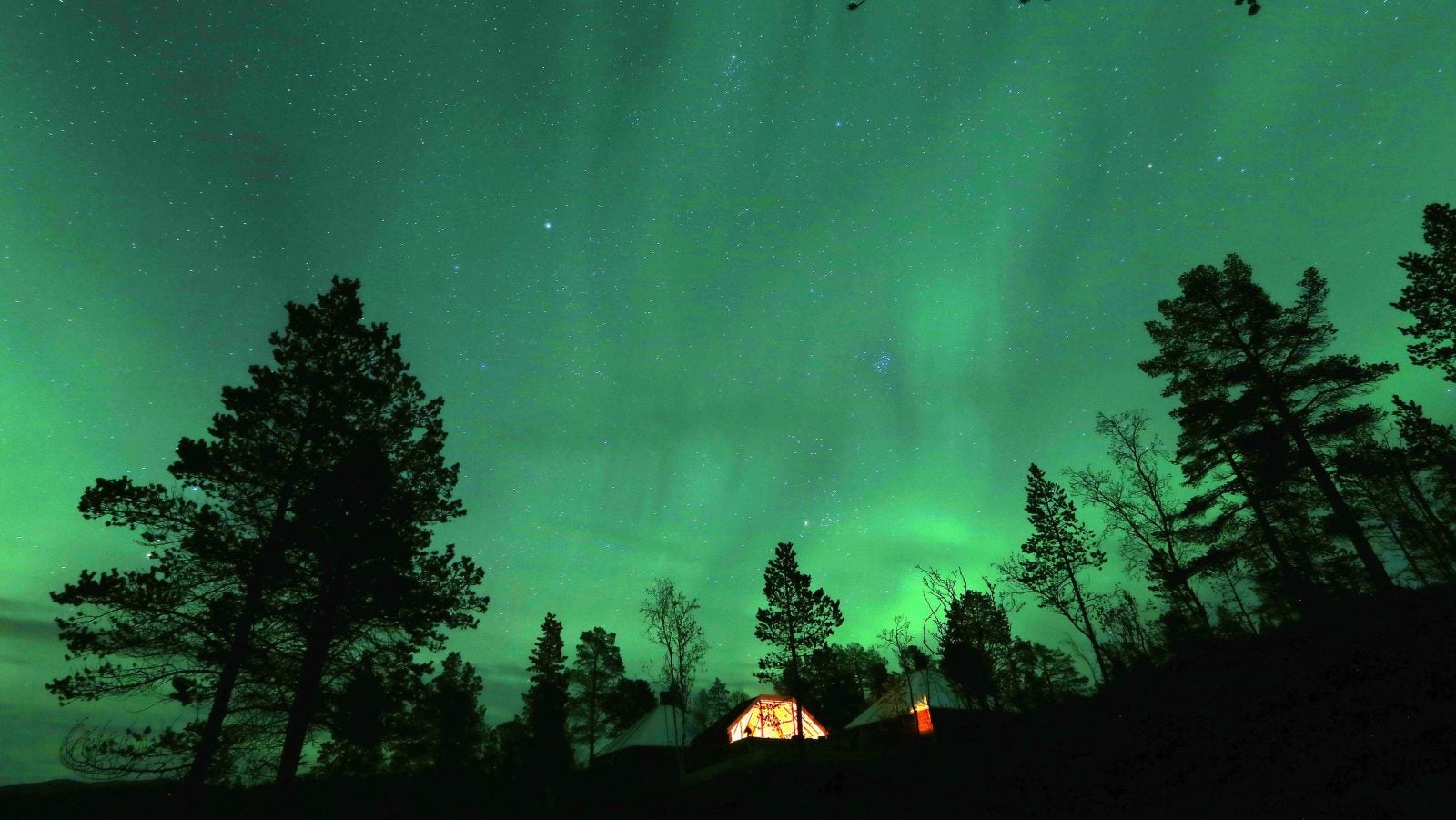There are at least three great health reasons to go winter camping this weekend
Cities can be hard places to live at the best of times, but as the northern hemisphere winter drags on they become more confining. Getting up in the dark, commuting in the snow and rain, and barely leaving the artificially lit and heated worlds of office and home sap energy when we need it most.


Cities can be hard places to live at the best of times, but as the northern hemisphere winter drags on they become more confining. Getting up in the dark, commuting in the snow and rain, and barely leaving the artificially lit and heated worlds of office and home sap energy when we need it most.
Here’s one antidote: Go camping this weekend. If that sounds preposterous here are a few really good reasons for sleeping out in winter.
Real darkness can re-set your sleep cycle
Research published this week from the University of Boulder in Colorado found that it only takes a weekend of winter camping to re-set a person’s circadian rhythm much closer to the rising and setting of the sun. Researchers sent five people (yes, it was a really small study) camping close to the winter solstice on Dec. 21. Before they left and after they returned their saliva was tested for melatonin, a hormone that prepares the body for sleep and the onset of nighttime. After the camping trips, the onset of melatonin happened about 2.6 hours earlier. The participants had been exposed to 13 times more daylight than in their normal working environments and they hadn’t used artificial light such as flashlights during their trip.
Late circadian rhythms that keep people from falling asleep at night are associated with a range of health problems, including poor cognitive function, diabetes, and obesity, the study noted. An earlier test found a similar but less pronounced effect on melatonin onset in people who went camping in the summer.
Both light and exercise combat seasonal affective disorder
Vitamin D is essential for keeping muscles, bones, and teeth healthy, but between 30% and 50% of the US population is deficient in it according to research from the University of Missouri. Winter is the problem. The UK’s National Health Service advises that between late March or April and September most people can get enough vitamin D from the main source: sunlight. But in the winter months that dwindles so much that a change in diet or vitamin supplements might be necessary.
Winter sun usually isn’t strong enough to stimulate vitamin D production in the skin. But exposure to light is one of the treatments for seasonal affective disorder, or SAD, a type of depression in which symptoms—including persistent low moods, lethargy, and feelings of despair—are more evident in winter.
Natural light and exercise also stimulate the production of serotonin, a hormone that affects the mood, which is why any physical activity outdoors can help boost emotional resilience.
It could help combat back pain
Back and shoulder pain is so common many people think it’s normal. Cold weather can make aches more acute, which tends to lead people to stay in more and bundle up. Unfortunately, that can exacerbate the problem, since back pain is often muscular, and muscles only get stiffer and more locked when they aren’t used.
Exercise is one of best ways to combat muscular pain—but it’s hard to keep up in winter. Getting out of the city for a weekend, even in the cold, could kickstart a better winter exercise routine. To keep it up in the subsequent weeks, check this guide.
If you really can’t get away, Kenneth Wright, author of the Boulder study, says it’s also possible to boost your circadian rhythms by getting as much natural light as possible during the day, and shutting off electrical devices, like screens and phones, well before bedtime.
Camping isn’t on most people’s list of winter weekend activities, but it’s cheap and accessible. If you do go out in the winter, stay safe by planning exactly where you’ll go, checking the weather, and making sure you have the right clothing, footwear, and shelter to keep you warm.
Then walk into the wilderness and look at some stars. You’ll be glad on Monday morning that you did.